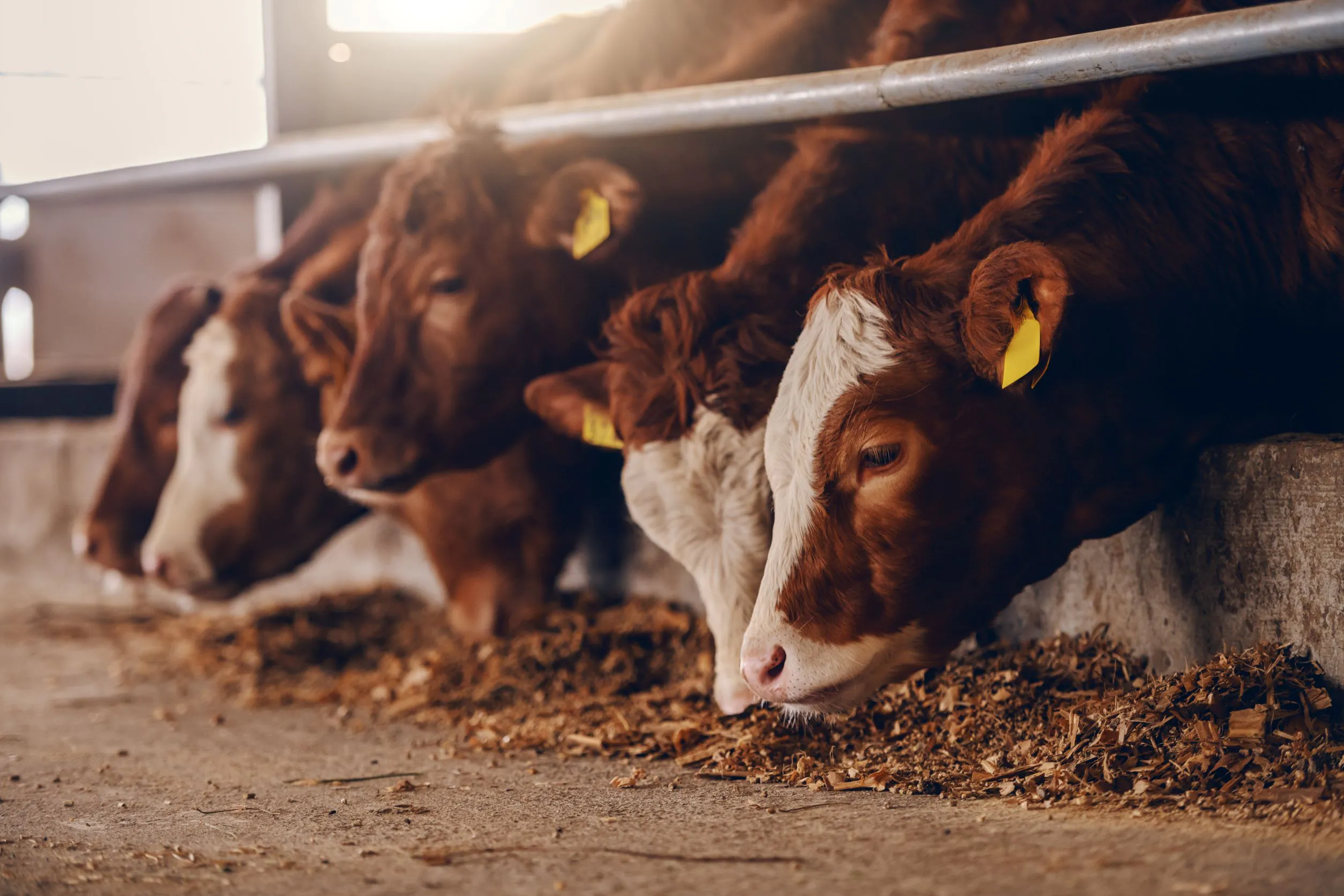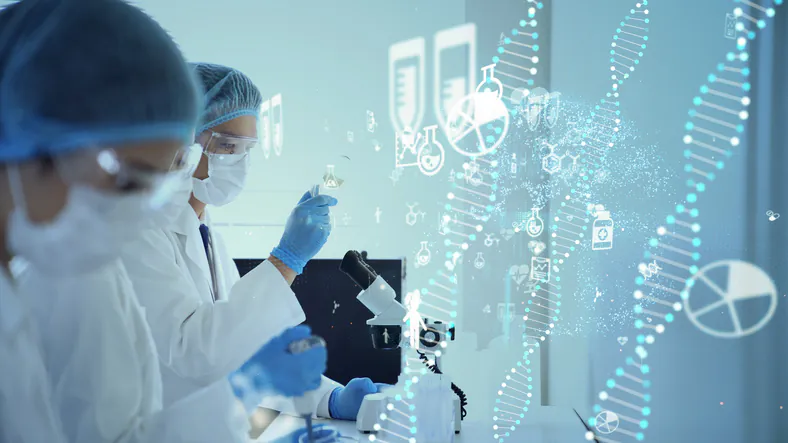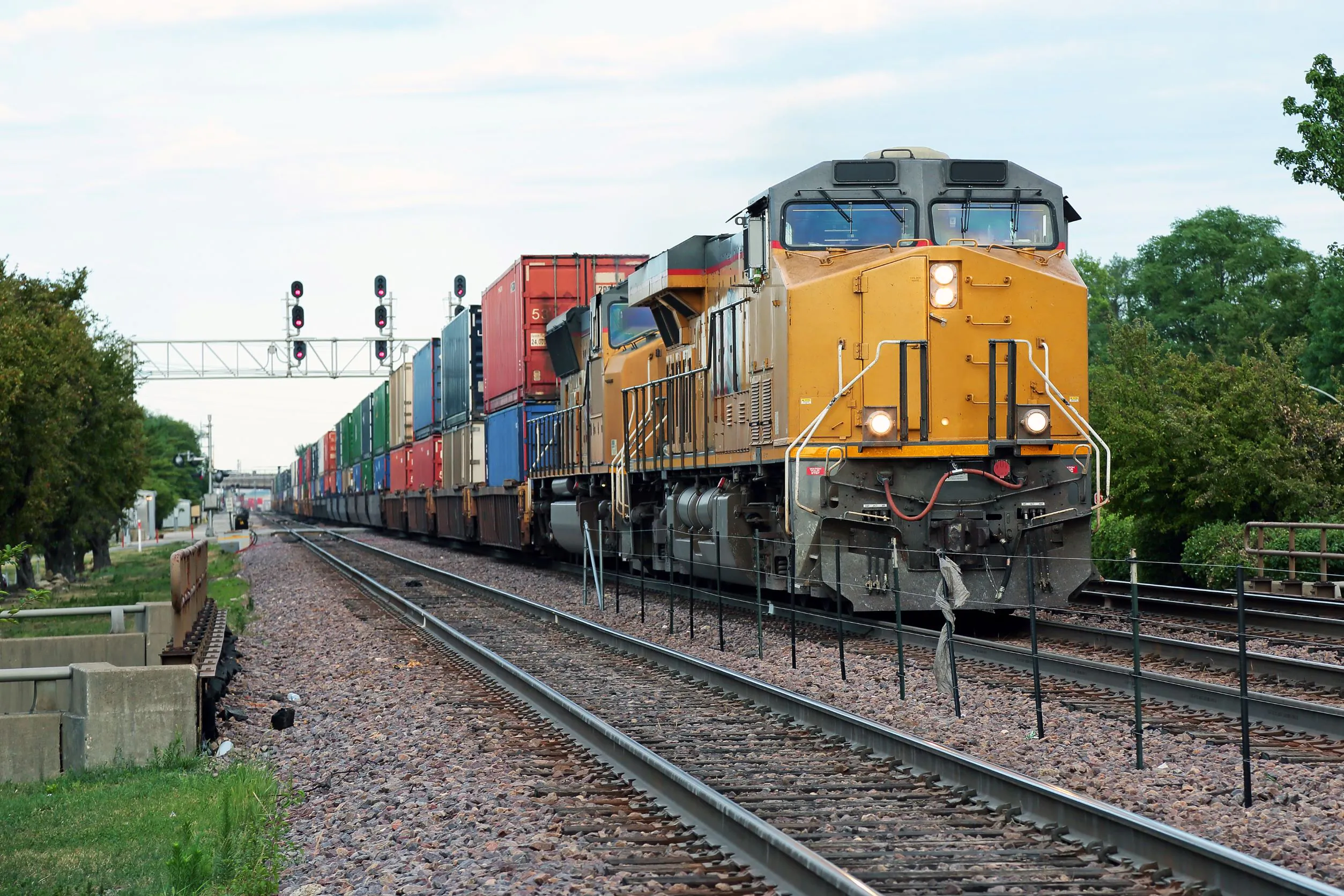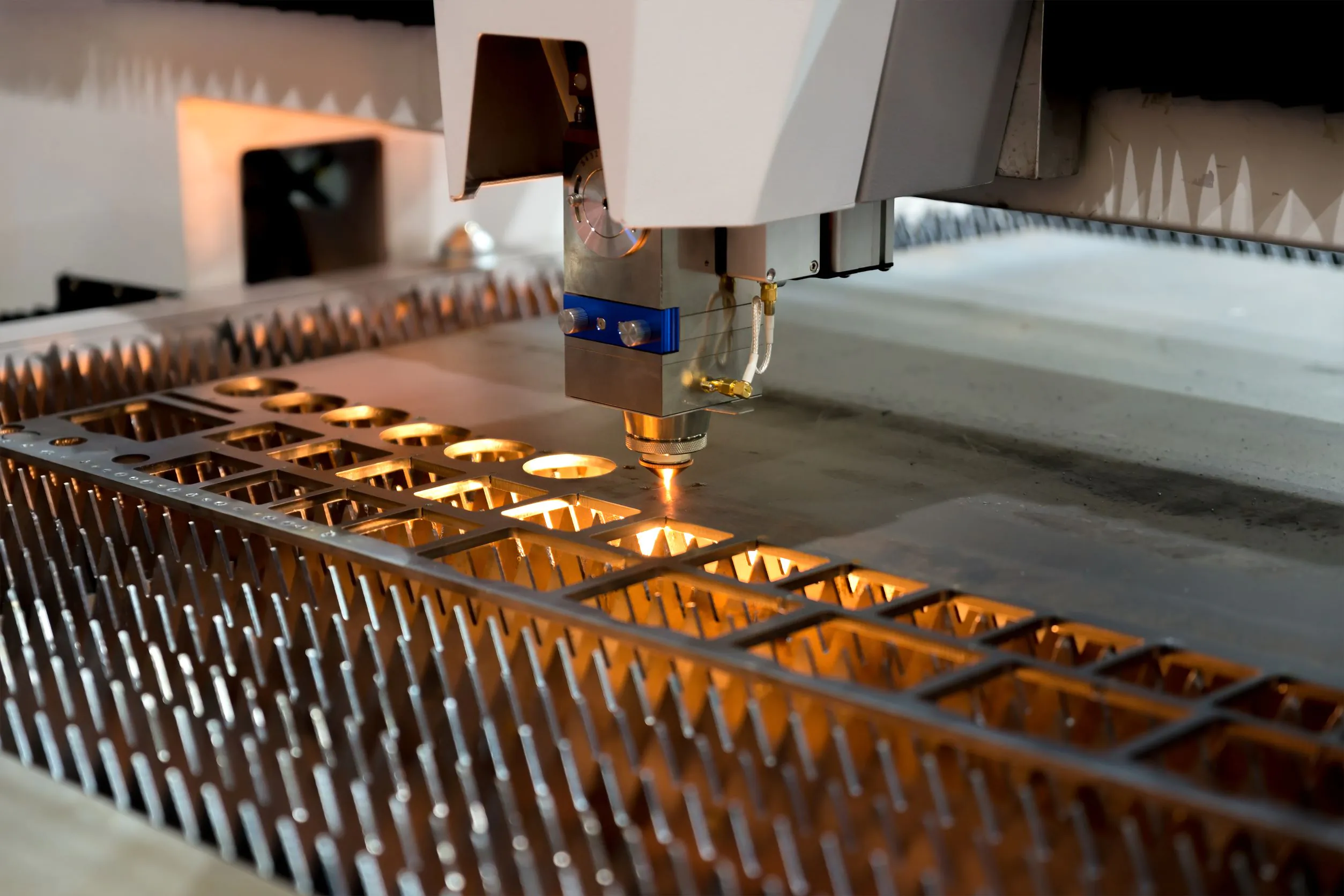Livestock farmers are facing many challenges in the areas of both production and demand. Vegetarian and vegan diets continue to be popular, and meat substitutes are increasing in variety and quality. Livestock is also a significant cause of greenhouse gas emissions, with the potential to account for 80% of global emissions by 2050. The livestock industry therefore faces pressure to reduce emissions, either by lowering production or by finding ways to cut down on the emissions that their livestock produce.
While demand declines in developed regions, it’s on the rise in low- and middle-income countries due to increasing populations and wealth, meaning that farmers in both areas need to adapt to these changes. Worker availability is also an issue — as with many other industries, the livestock industry is currently facing a worker shortage, and livestock farming is often labor-intensive. Even when workers aren’t in short supply, livestock farmers are looking for ways to free up time for other tasks or reduce work hours. Adopting new technology is therefore a key strategy to addressing these challenges and staying competitive in the global market.
How Can Technological Advances Help the Livestock Industry?
There are a wide range of innovations being made in the livestock farming industry. Companies are improving livestock monitoring, milking, feed quality, medicine, and much more. Sensors have become ubiquitous and affordable, and combined with research into animal behavior as well as AI and machine learning, they allow livestock farmers to monitor animal health and provide individual care and diets. Companies are also developing animal feed that can help reduce methane production in cows, which could have a substantial impact on emissions in the industry.
Access Free Livestock Industry Insights
The IoT and AI in Livestock Farms
As in manufacturing and other industries, a connected farm that makes use of sensors and data analysis can improve efficiency and reduce workload. Sensors can monitor many different factors on the farm, including the amount of feed being stored and consumed, animal activity and health, the amount of milk being produced by cows, the atmosphere in a barn, and much more. A smart system can send alerts to a farmer’s phone or other device if a potential issue is identified, or even make adjustments on its own.
Cattle Biometrics
AI is even capable of identifying cows by their muzzles, which are unique to each animal in the way that fingerprints are for humans. Developed by Ali Shojaeipour at the University of New England, this technology is still in the early stages of research but has the potential to permanently change how cows are identified and tracked. Rather than using traditional methods such as ear tagging or tattooing, which are not 100% reliable, cattle can be identified remotely through stationary cameras or from a phone or other device, providing a touchless, low-stress option that is easier on both the animals and the humans who work with them.
Decoding Pig Calls
Pig farming can also benefit from the power of AI. Researchers at the University of Copenhagen have trained a neural network to translate pig grunts, squeals, and other sounds into emotions using audio recordings and behavioral data from over 400 animals in a variety of settings and situations. The resulting algorithm could be used to automatically monitor pigs and detect signs of stress or pain, allowing farmers to better care for the mental and physical health of their animals.
Reducing Emissions Through Animal Feed
AI and the IoT aren’t the only advances helping to improve the livestock industry, however. Many companies are hard at work developing new types of animal feed and additives to reduce methane emissions in cows. With livestock being responsible for such a high percentage of global emissions, reducing methane production is an important strategy when the alternative is to dramatically reduce or eliminate cattle farming.
Netherlands-based DSM, a health, nutrition, and bioscience company, has developed a feed additive called Bovaer that can reduce methane emissions by 30% in dairy cows and up to 90% in beef cows. A quarter teaspoon in a cow’s daily feed is enough to suppress methane production. Bovaer has been in development for the past 10 years and is currently approved for sale in Brazil and Chile, and is in the process of gaining authorization in Europe.
AgriTech company Mootral is also developing a feed supplement that can reduce methane emissions in cows by up to 38%. The company’s product is made from garlic and citrus extract and comes in pellet form, promising to also help increase yields and animal health. Mootral also generate carbon credits from enteric methane reduction.
Genesis Algae Innovation in Australia has launched its own feed supplement, AlgaeFeed, which became commercially available in late 2021. The supplement is, unsurprisingly, made from algae, which is rich in omega oils and can therefore help improve meat quality and overall animal health. AlgaeFeed has been found to reduce cow methane emissions by 20%.
New Opportunities and Challenges for 2022 and Beyond
The livestock industry is no stranger to technological upgrades — sensor technology has been in use to control ventilation in barns remotely for a decade now, for example. But high-tech solutions are becoming more important than ever as livestock farmers look for ways to improve efficiency and navigate a labor shortage, as well fight sustainability concerns and the growing trend towards vegetarianism, veganism, and artificial meat. The industry is therefore full of opportunities for agriculture technology startups and innovators to provide new solutions to these challenges and help farmers adapt to evolving demands.
Connect with Livestock Industry Companies
Discover Buyers and Suppliers Across the Agriculture Industry
BizVibe’s platform contains more than 55,000 information industry company profiles that are free to view, including more than 4,000 livestock industry companies. Each profile consists of in-depth company insights composed of 50+ data points, with full industry trend and challenge analysis for 19 information industry categories.
Browse companies in sectors such as:



